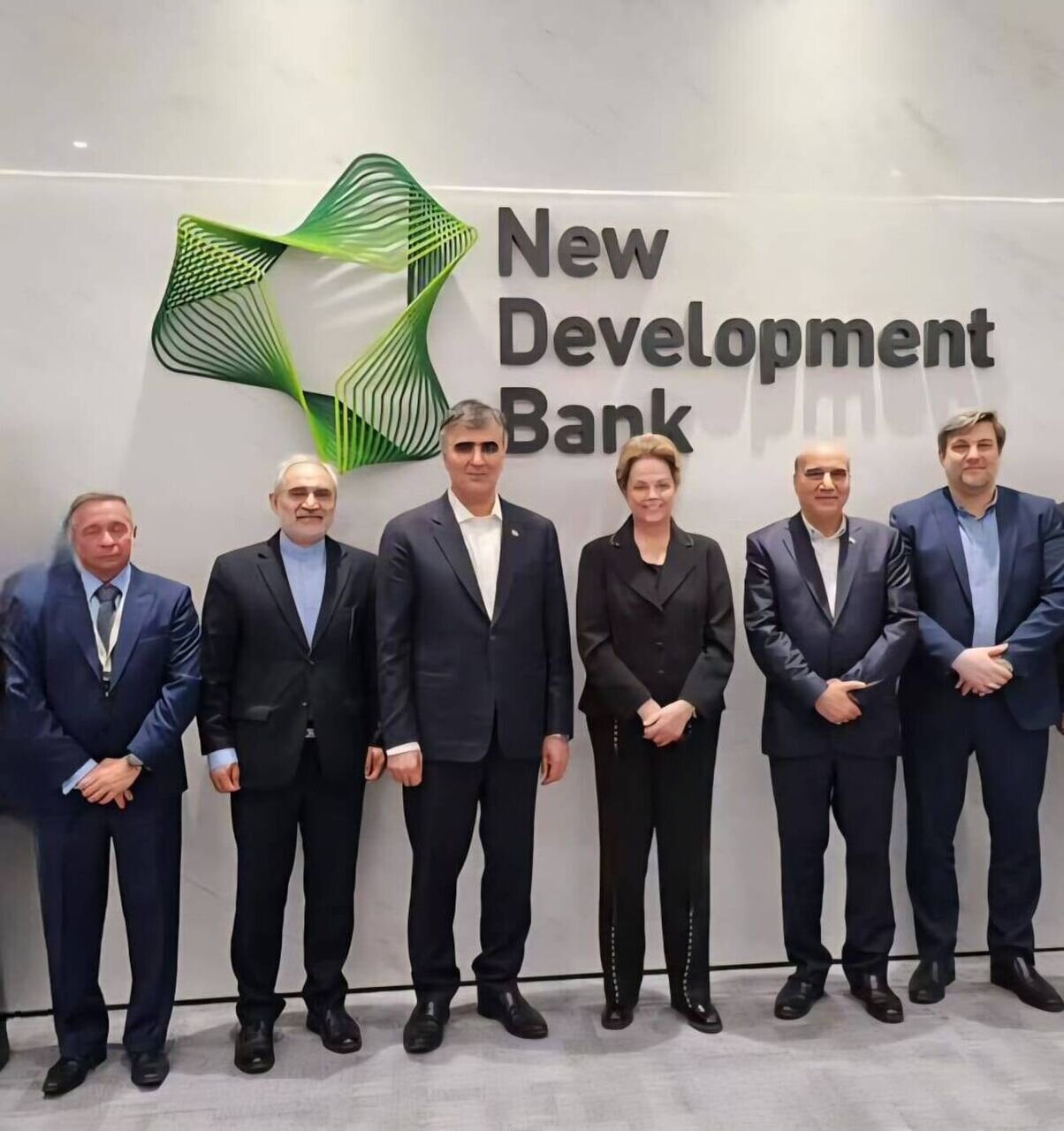Iran seeks BRICS bank membership in talks with President Rousseff

TEHRAN - Iran’s central bank governor, Mohammad Reza Farzin, met with Dilma Rousseff, president of the BRICS New Development Bank (NDB), in Shanghai on the sidelines of the Shanghai Cooperation Organization (SCO)'s finance summit, reaffirming Tehran’s intention to join the multilateral lender.
According to the Central Bank of Iran (CBI), the meeting followed Farzin’s participation in a gathering of finance ministers and central bank governors of the SCO in Beijing.
In the meeting, both sides emphasized the role of the NDB in advancing the interests of developing and emerging economies.
Farzin highlighted Iran’s active participation in global and regional financial institutions, including its membership on the IMF Executive Board and its leadership of a bloc of eight countries within the Fund.
He also pointed to Iran’s recent economic performance and its strategic geographic, natural, and human resources, as well as strong bilateral ties with BRICS founding members—Brazil, Russia, India, China, and South Africa.
The Iranian official expressed Tehran’s readiness to deepen monetary and banking cooperation with BRICS members through the NDB framework.
Rousseff, the former president of Brazil, welcomed Iran’s economic potential, noting that Tehran’s entry would support the bank’s development goals.
She confirmed her favorable stance on Iran’s accession during BRICS decision-making sessions.
At the close of the meeting, Farzin invited Rousseff to attend the upcoming Asian Clearing Union summit scheduled to be held in Tehran.
The BRICS New Development Bank was established in 2014 by Brazil, Russia, India, China, and South Africa to finance infrastructure and sustainable development projects in member countries. Iran, Egypt, the United Arab Emirates, and Ethiopia officially joined BRICS in 2024, while other nations, including Turkey and Syria, have expressed interest in membership.
Together, BRICS countries account for 40 percent of global financial reserves, 25 percent of world trade, and 35.6 percent of global GDP, according to World Bank data.
EF/MA
Leave a Comment